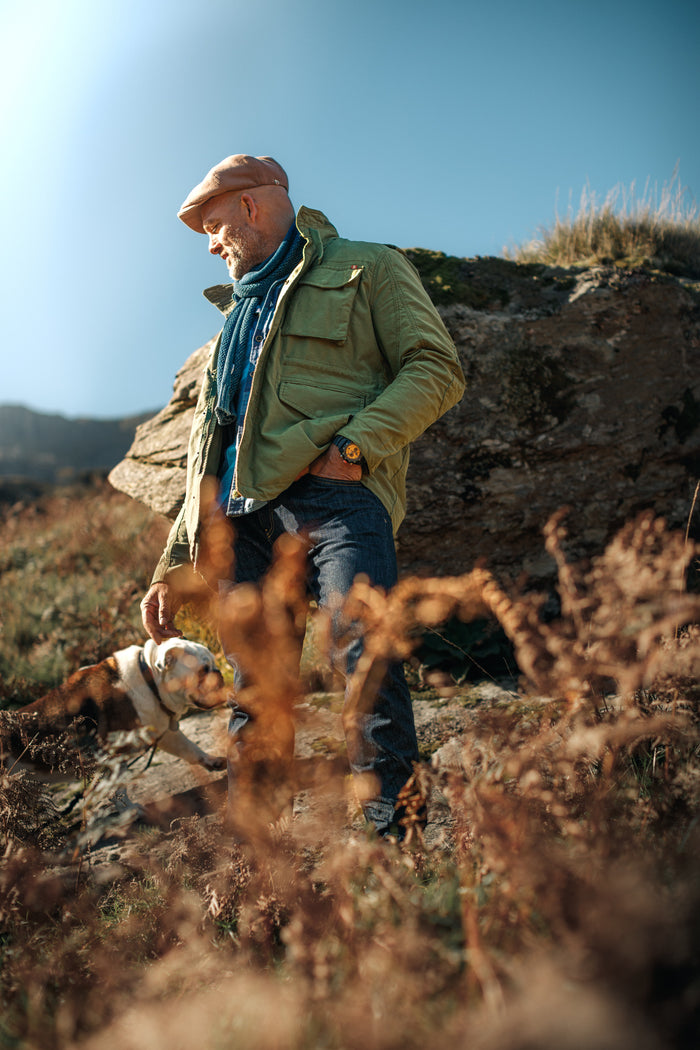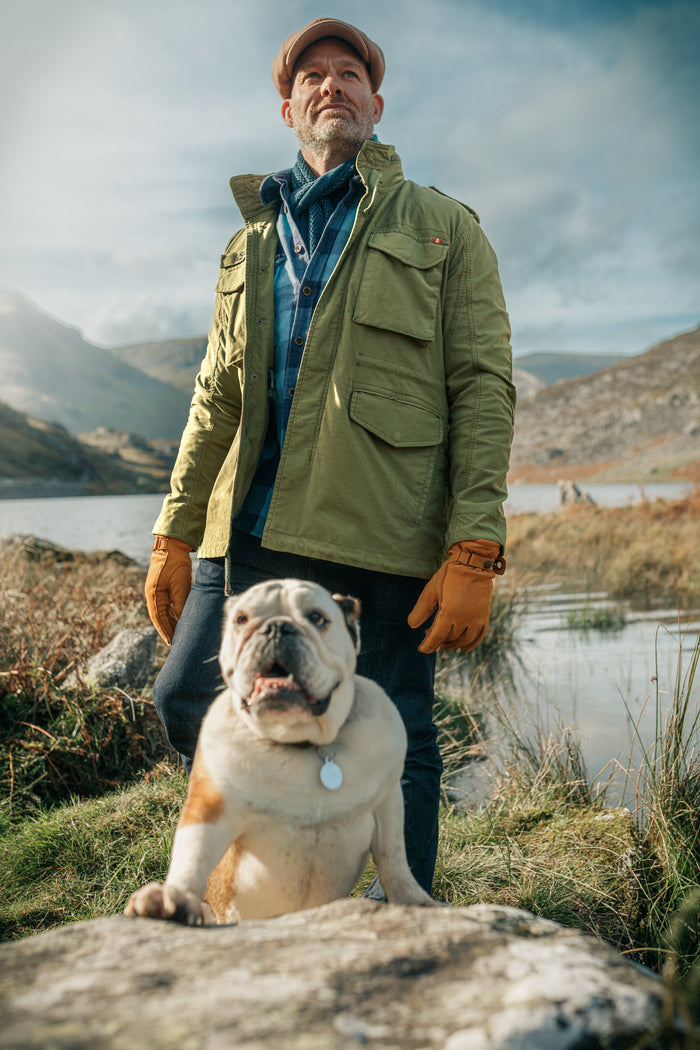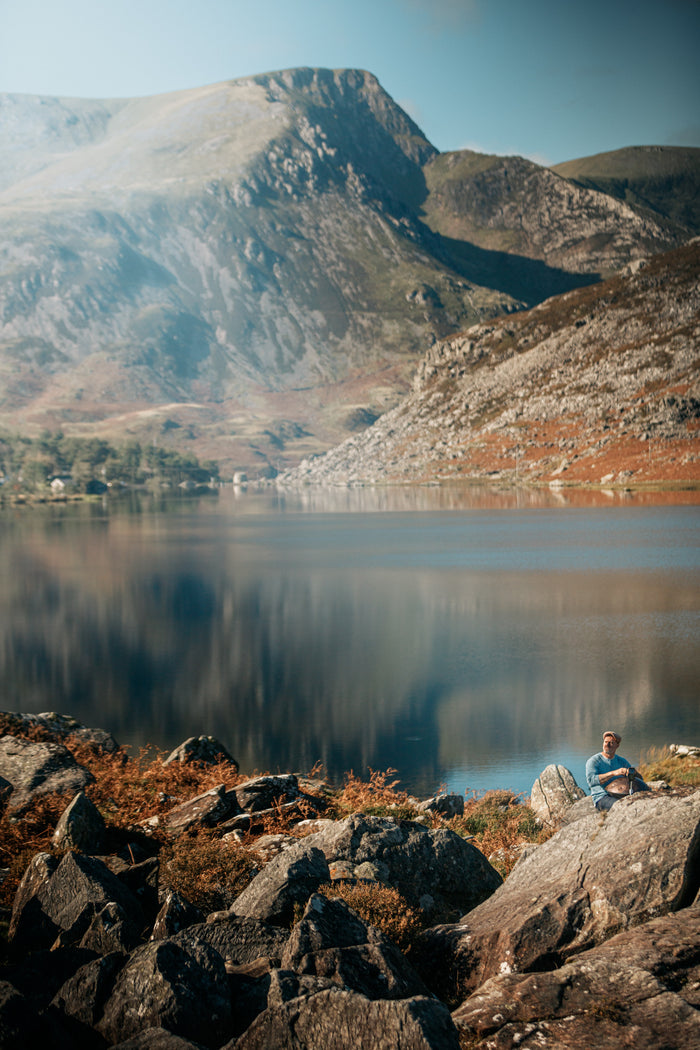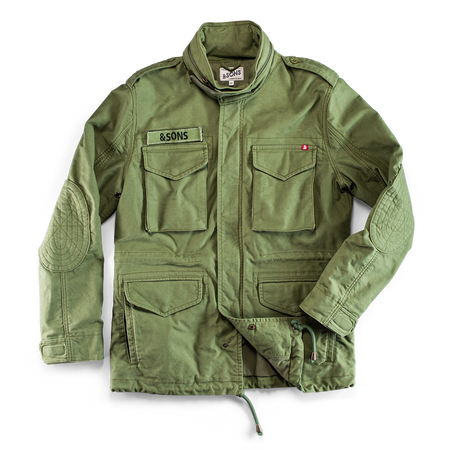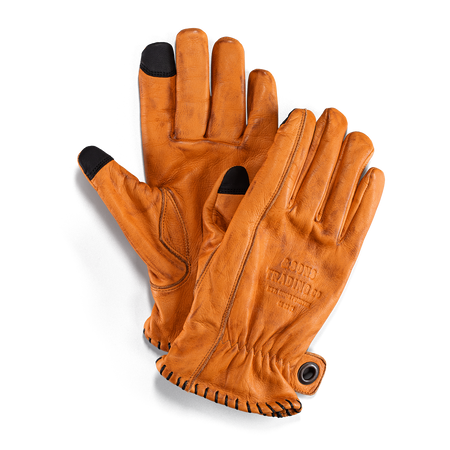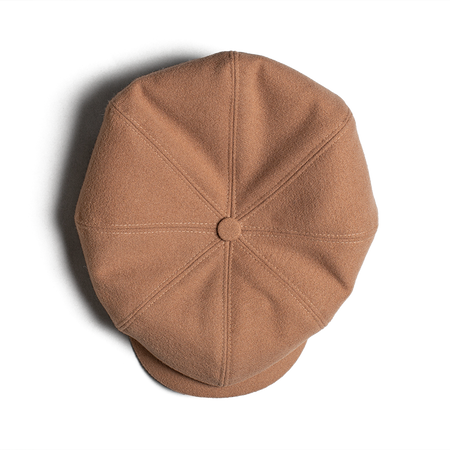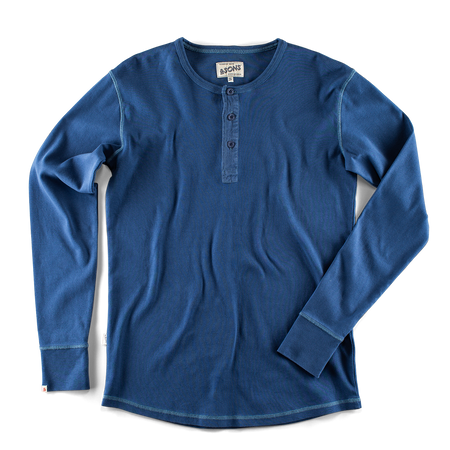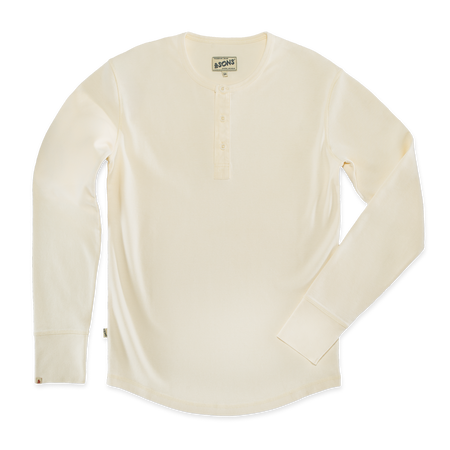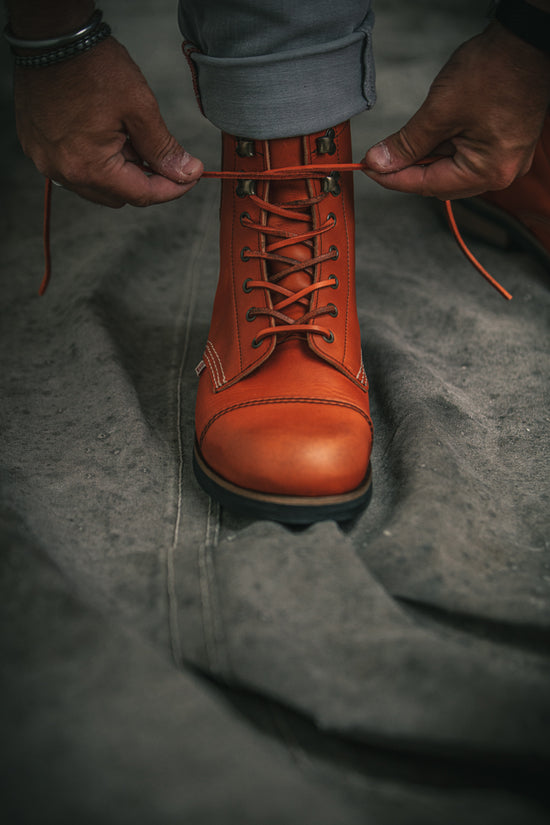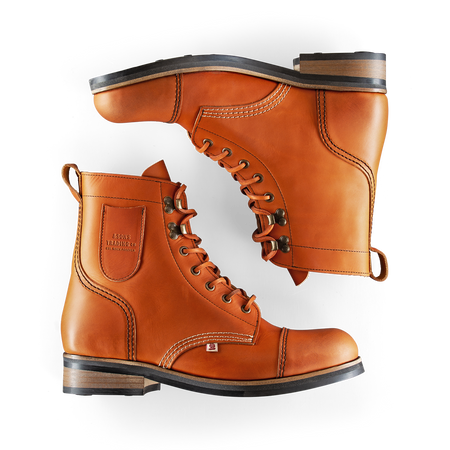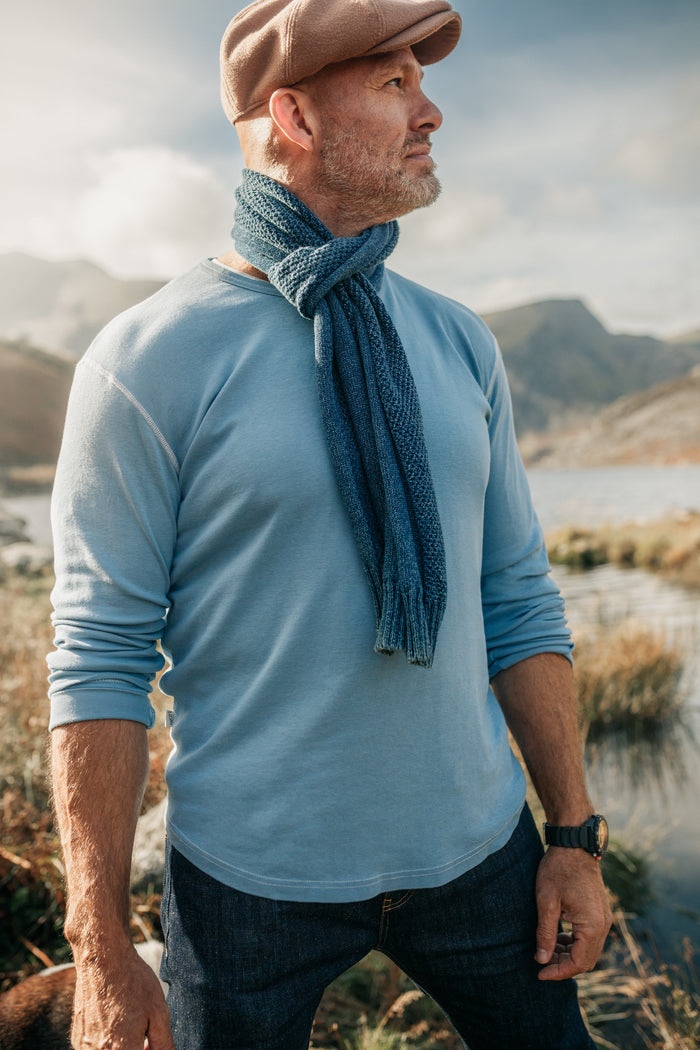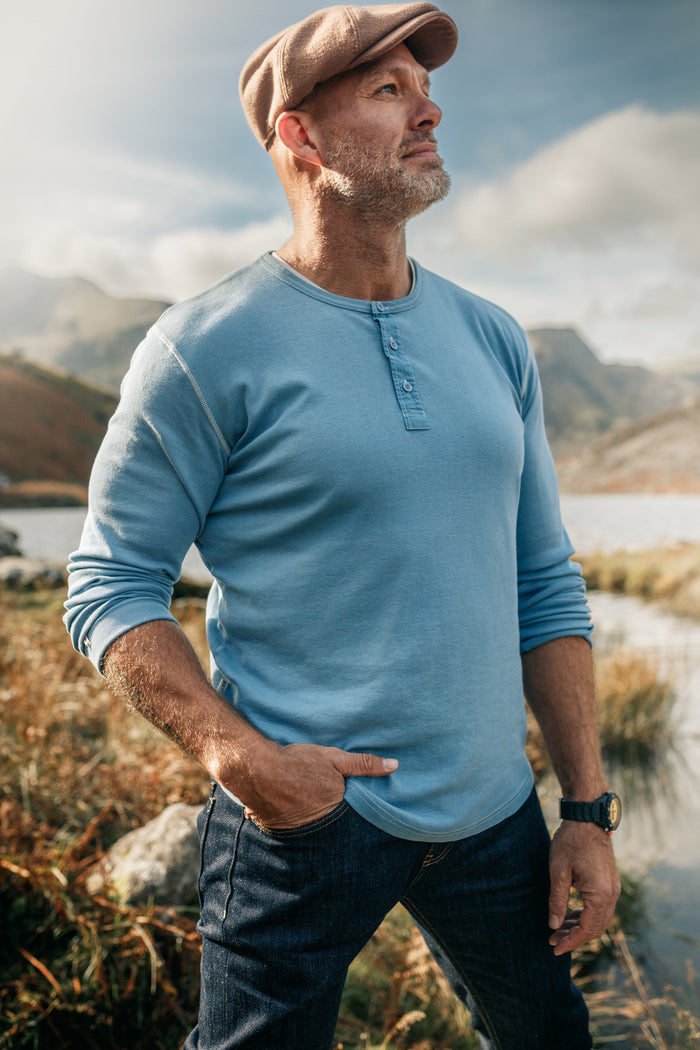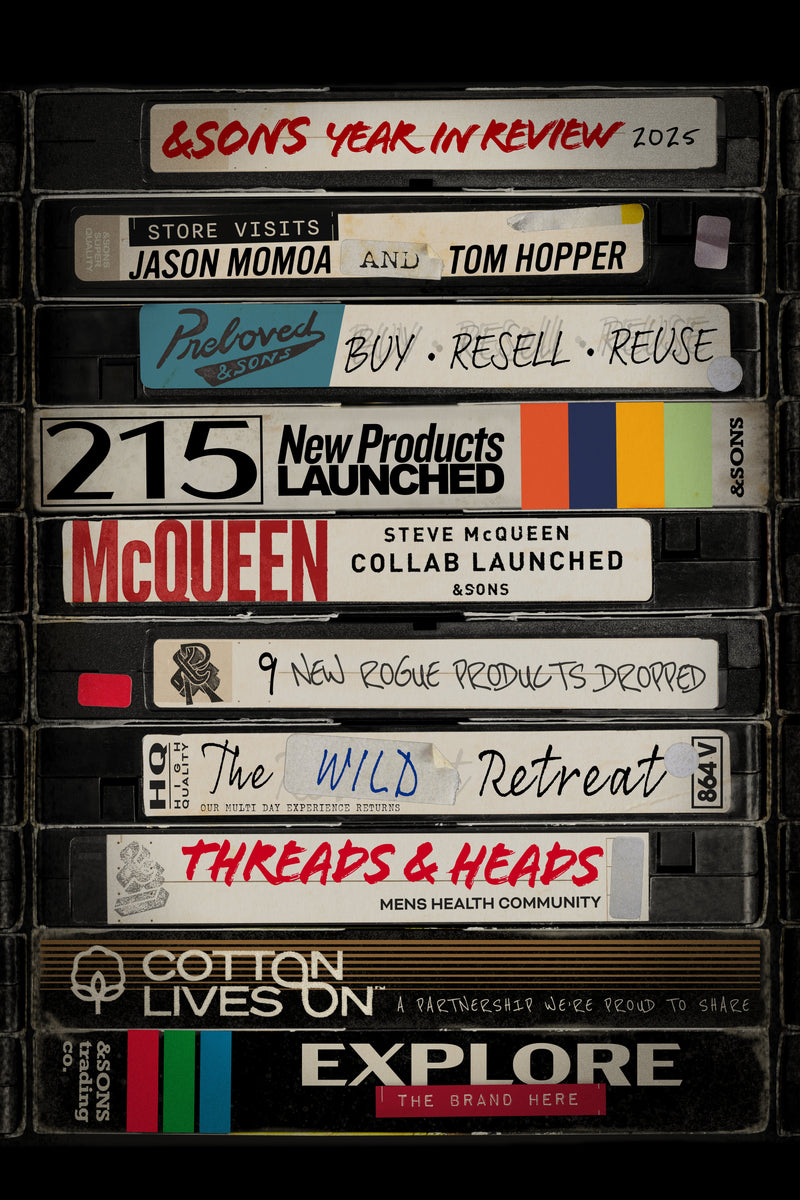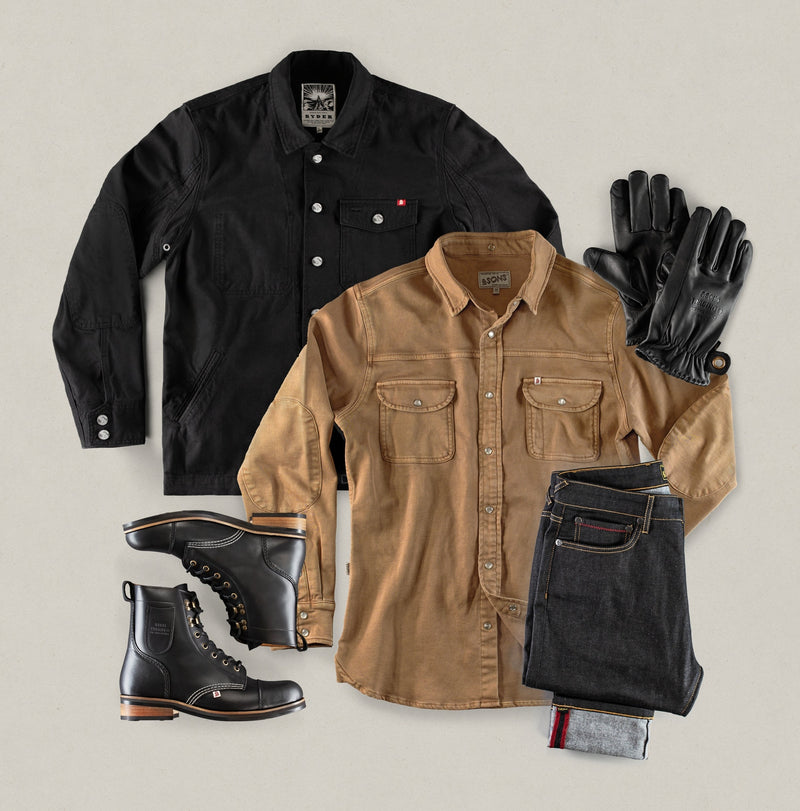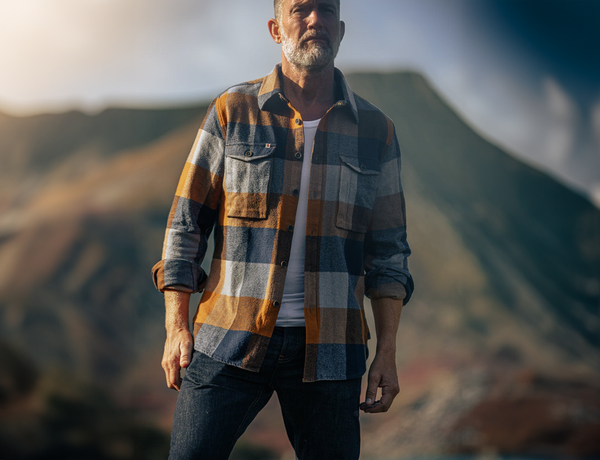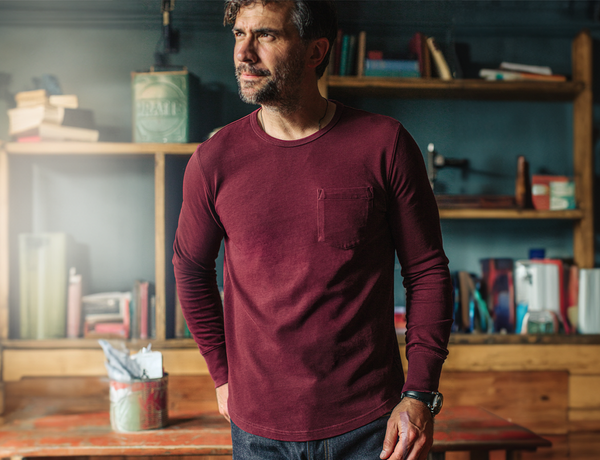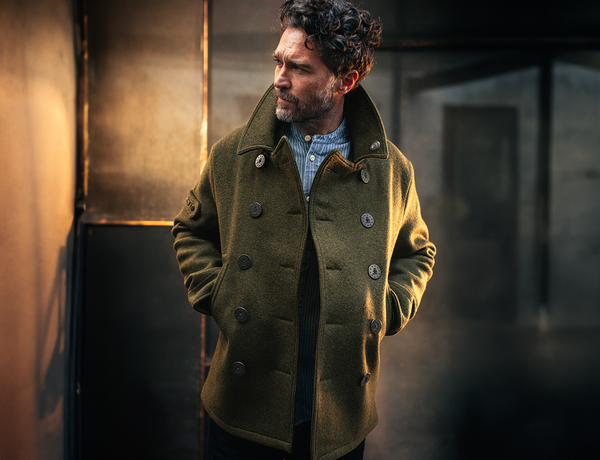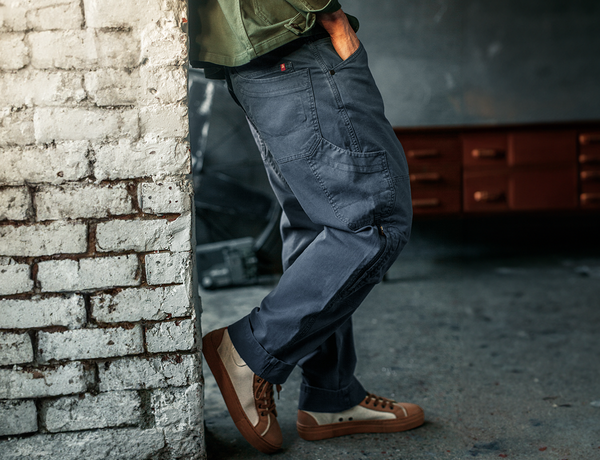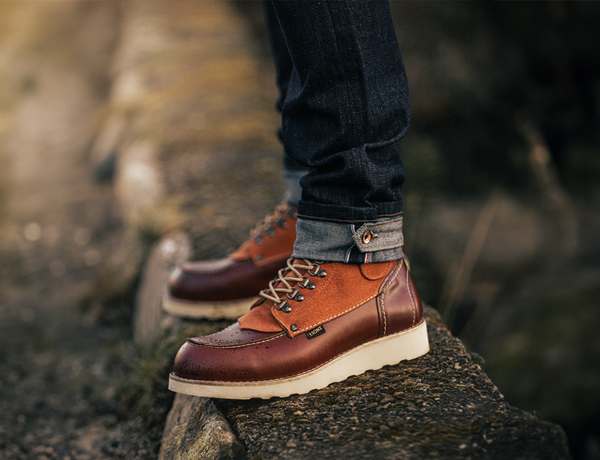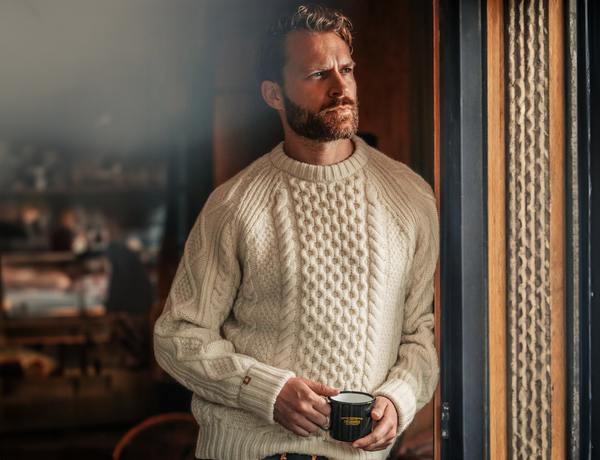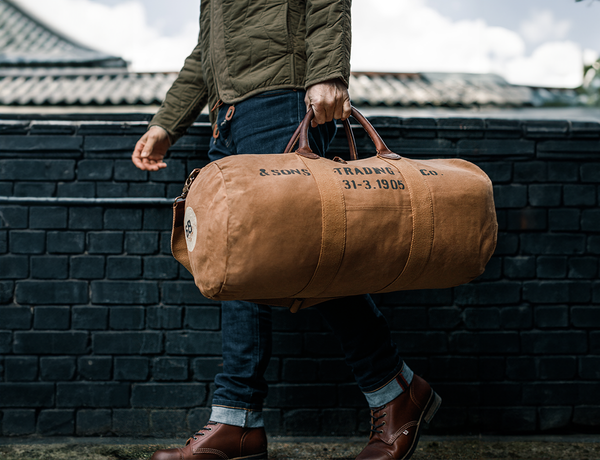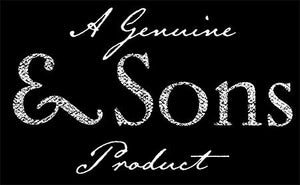April 24
Pioneer James "Hunter" Crossley: A Trailblazer's Journey
Many of our readers will recognise James as “Hunter” from the iconic television show "Gladiators" in the 1990s. And James Crossley is a true pioneer in every sense of the word.
From his early days as a bodybuilding prodigy at the tender age of 12 to becoming a household name on national television, James has consistently blazed trails and redefined himself throughout his life. Beyond the glitz and glamour of the entertainment industry, James transitioned seamlessly into the world of acting, gracing stages with the Royal Shakespeare Company, and later into the realm of strength and conditioning coaching, shaping the performance of elite athletes.
In recent years, he has delved into the realm of sound therapy, utilising his passion for music to promote wellness and meditation. In this exclusive interview, James shares insights into his multifaceted career, his unwavering commitment to excellence, and the values that have guided him along the way.
So, James, what is your definition of the word pioneer?
A pioneer for me is someone who leads the way or creates a path in something, normally somebody who’s at the top of their game. I think pioneers inspire other people to move forward. I know I've reinvented myself many times throughout my life and finding pioneers to be my role models or to be my heroes to help me move forward in different ways has been a massive help.
Tell us your story. How did you create your career and what did you think about it?
I started bodybuilding at 12 years old. By the time I was 19, I'd been in several magazines and I was headhunted for "Gladiators". I did the audition for "Gladiators" and started filming 10 days later. It was a quick turnaround. I had to leave a job for the opportunity and I was lucky enough to be involved with "Gladiators" for about eight years. After that, I retrained as an actor. I travelled all over the world, working in different plays. The highlight of that period was when I worked with the Royal Shakespeare Company for two years.
I then retrained again as a Strength and Conditioning Coach. I ended up working with different rugby teams, training them in strength and helping them plan for their games. In the last eight to 10 years, I've been working as a Sound Therapist. I play loads of different instruments to help people meditate and for wellness and have a teacher training school for people who want to do Sound Therapy.
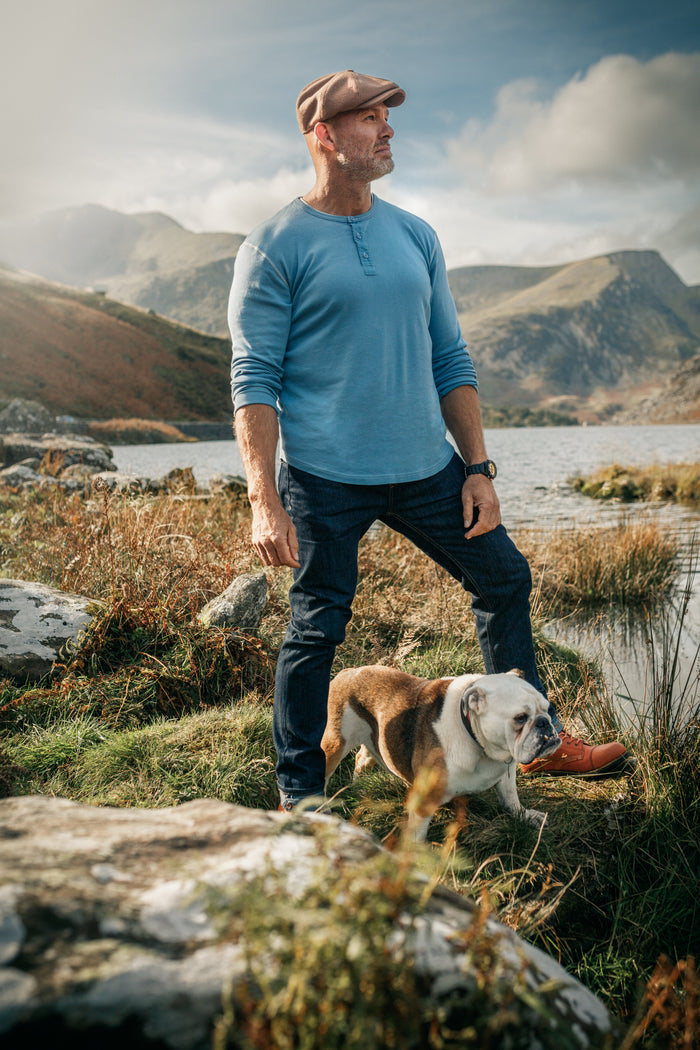
In your work, what values do you cherish the most?
I think you have to find a passion, that's what I've found. It's all right to say “You'd be great at this”, but if you're not passionate about it, it's very difficult to throw yourself at it. Everything that I've ended up working as I've been very passionate about.
Being consistent and committed is important, especially if you're trying to reinvent yourself, which is often something we have to do in our lives. Setting goals and being committed to what you're doing is a good roadmap to help you move forward in anything you want to do.
What three words best describe you?
I think consistency is a great word. When I was at school, I started bodybuilding very young and I was never the biggest, I was never the strongest, I was never the fastest, but I was always consistent. That's stood me in good stead throughout everything in my life.
I'm quite impatient, which can be a problem because if I wanna be good at something, I wanna be good at something straight away, which is never the case. You've gotta put the hours in and the groundwork. So impatient is probably a bad quality I have.
I think goals or goal setting, I've always been a massive goal setter. When I started bodybuilding, I remember the goal I made was to have a 12-inch arm and be 12 stone at 12 and then a 14-inch arm and 14 stone. I always sat down and plotted out a map of goals in everything I did - that's really helpful if you wanna get better at something.
Tell us a bit more about your work on gladiators. What was it like behind the scenes?
I was the youngest gladiator, so it was quite daunting. I remember walking into the room when I first started and 12 gladiators were sitting there and I was only 19 at the time. I worked as a printer originally, so very quickly I’d come from being a printer to performing as a Gladiator. Within 10 days, I was in the Birmingham arena with 10,000 people watching me.
We filmed the whole series in two and a half weeks, doing two shows a day. Each show took about six hours to film and it was a very gruelling schedule. We'd do two days on followed by two days off; people thought we were there every Saturday night but it was all done in a matter of two weeks. The rest of the year was spent travelling all around the world doing various appearances. We did pantomimes at Christmas and that’s how I ended up getting into acting because I love being on stage. It was a very varied job, very interesting.
You had to keep in tip-top shape, especially before the filming, and the funny thing about gladiators is people thought we were practising the games all the time. We only got two days to practice, before the filming on the day. You had to do the hard work yourself to get good at the game. I created something to mimic the muscle groups and the motor skills for the game so I could practise in a way that would help me win. For ‘Atmospheres’, I'd be running around a car park, pushing a car for the wall. I remember I had a weighted backpack and I was climbing these indoor walls with rocks in a weighted backpack. For ‘Hang Tough’, I was swinging on gymnastic rings. For ‘Powerball’, I was playing badminton. For ‘Dual’, I was tying my feet together and boxing. So I found something for each and that was the only way you could improve. I took it very seriously and I wanted to be the best and the only way to do that was to practice, practice, practice. It was an amazing job.

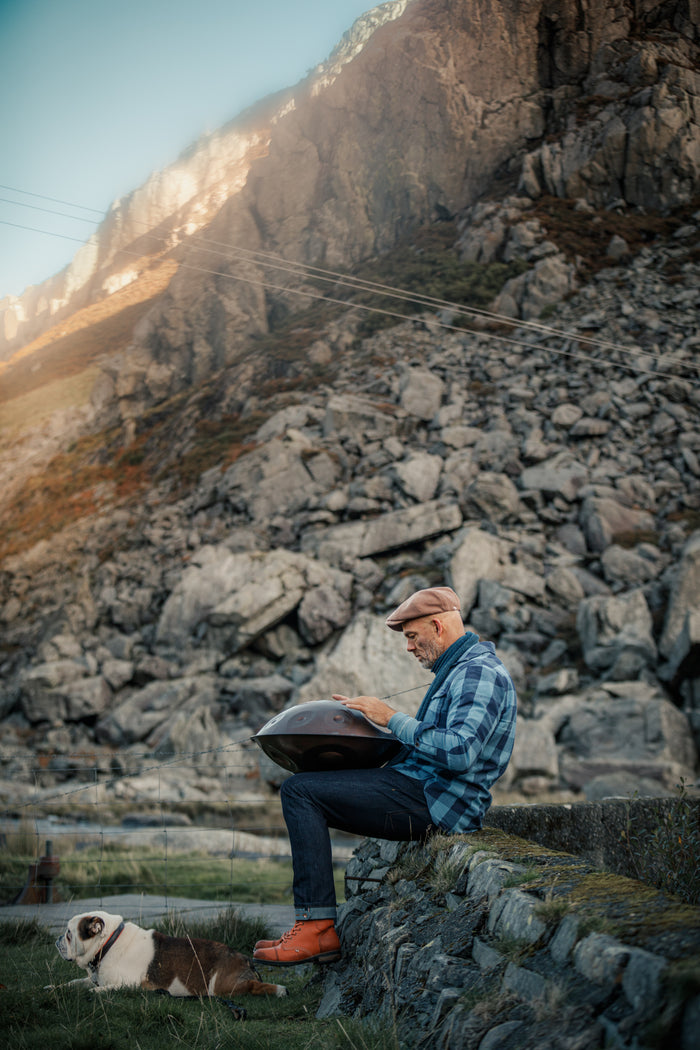
What do you do for inspiration?
I can tell you one thing I've done for inspiration. I've listened to the Rocky IV soundtrack during every workout for 40 years since I was 10 years old. The story goes about why I started bodybuilding. My mum took me to see Rocky, Rocky II and Rocky III in a six-hour bonanza of Rockies. We took sandwiches, I was 11 years old and I was practically brainwashed by the Rockies. I think that's one of the reasons why that soundtrack motivates me so much.
If I want inspiration for music, I listen to musicians that I'm interested in. If I want inspiration for acting, I watch actors that I'm motivated by. You've always got to find that certain somebody or that certain sound that inspires you to move forward. I always try and find something that lights that fire and music is a great way of doing it when it comes to going to the gym.
Who inspires you?
I'm inspired by different people at different times of my life. I think people at the moment inspire me, someone like The Rock, and if you look at The Rock's life, he's got a lot going on, but he always crowbars a workout in. If it's 3 a.m., if it's 11 p.m., he always has his gym and takes it with him.
I think being the hardest worker in the room is a great motto. I think someone like him is very inspirational just in life about getting stuff done. It's very easy to sit back on your heels, whatever you've done and think, "Well, that's my lot." But if you wanna keep achieving things and keep ticking the boxes and setting goals, you've gotta keep setting them. And I think someone like The Rock is very inspirational and things like that.
Have you got a favourite musician/album/podcast?
I’ve been playing hand pans for three or four years now. So I'm very into hand-pan style music. There's a guy called Malte Marten, who I think is probably my favourite at the moment. He's got a beautiful flow about him, real simple melodies. I was lucky enough to go on a retreat with him in Malta.
He was just so amazing and so inspiring. And then I teamed up with the guy. We've now got our own Spotify album out. We’re called the Handpan Gentlemen. He lit that second fire in me to just take that step forward. And this goes back to what we were saying earlier about inspiration, isn't it? I was inspired by him. He was like, you've got to stop playing in front of your dog in your living room and you've got to start getting on the street. So we started busking and then we created an album on Spotify. Again, it was that little shove I needed to move forward. So quite a pinnacle time really for me was meeting him.
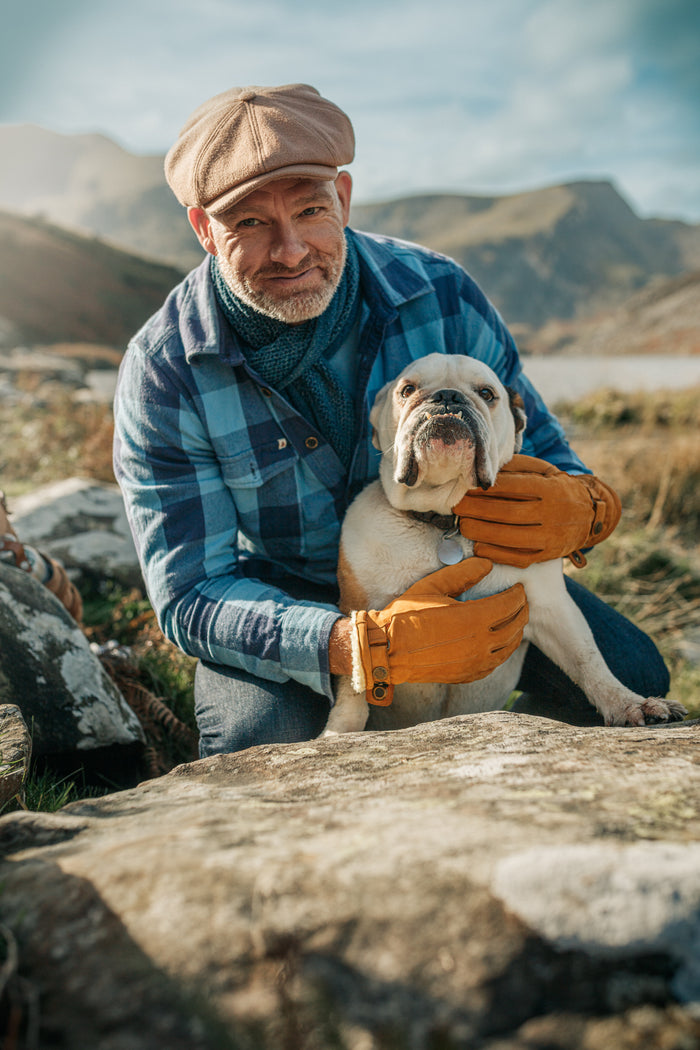
What is your wardrobe essential, a piece you couldn't live without?
I reckon I've got 25 baker-boy caps, they're my wardrobe-essentials. &SONS have so many amazing pieces, the only trouble is, I keep getting these emails from them about all the new stuff. I think the item that I wear most is the Escape, it’s a blue three-quarter-sleeve sweatshirt and I ended up buying two of them. There is another sweatshirt with a number four on - I cut the sleeves off and I made that into a three-quarter. I absolutely love that, that's definitely one of my favourites.
What was the best piece of advice you've been given or would pass on to somebody else?
When I was nine years old, my dad used to look me in the eyes and he'd say, "Fail to prepare, prepare to fail”. He was very Northern, he's from Hull and he said that to me all the time as a child growing up. It's the best bit of advice I've ever been given for anything because, if you're not prepared, if you haven't put everything into being prepared for something, you're not going to do your best. And whatever it is you want to do, prepare, prepare, prepare.
I look back at a show like "Gladiators" and those games where we had very little chance to practice them. It was all about that preparation. When I did that show originally, I was a bodybuilder. I remember going to the wall and I couldn't get up it - the producer came up to me and said, "Hunter your s**t.” I started crying. I went to the dressing room and thought “I am s**t because I've never climbed a wall before. Well, what does he expect?” And then my dad's words, "Fail to prepare, prepare to fail."
I went home and trained twice a day for a year. I came out the next year and they would look to me because I looked kind of different. I was more athletic. And I got up the wall in nine and a half seconds. I was told, "Well, the average time's 26 seconds." And I went, "Fail to prepare, prepare to fail.” - That was that. They never asked me again.
